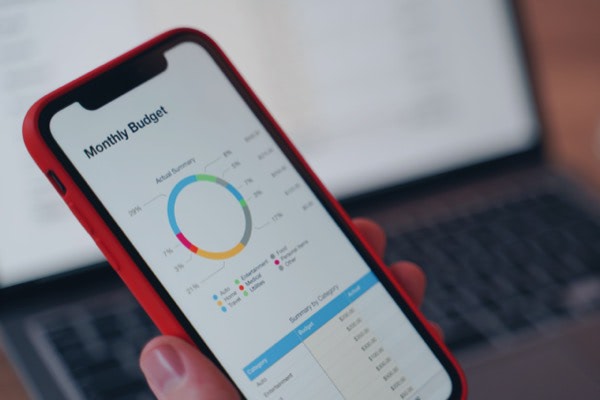Should you refinance your mortgage this winter? In this post, we discuss some key items to consider before making this decision.

Can student debt and homeownership co-exist?
Can you mix student debt and homeownership? In today’s world and market conditions, homeownership can feel out of reach for many people. This is especially true for those who are still paying off student debt, which is often quite substantial. Is it possible to buy a home while you still have these loans? The answer depends on each individual, but it is certainly possible. Here’s what you should know!
What do lenders pay attention to?
Before you start planning how you can purchase a home with student debt, it’s important to understand what lenders look at when examining mortgage applications. Your debt to income ratio (DTI), income, and credit score all play important roles.
Debt to income ratio
Your DTI ratio represents how much of your monthly income is used to pay for debts, including student loans, credit cards, and any other debts you might have. This is expressed as a percentage. For example, if your monthly income is $5000 and you spend $2000 per month on debts, your DTI ratio would be 40 per cent. Of course, having student debt means your DTI ratio will be higher than if your debt was all paid off. Generally, lenders like to see a ratio below 40 per cent. This shows you have room to pay for a mortgage because your debts do not take up a majority of your income. However, some lenders will work with borrowers with higher ratios. This may mean looking into private or alternative lenders.
Income
Your income is another key factor to consider. Obviously, your lender will want to know you have a reliable and steady income stream that can support mortgage payments. This becomes extra important when you add on student debt obligations. Your income will need to be high enough to handle both of these costs. If you are thinking about changing jobs, we recommend staying put while you are in the process of buying a home! This will help increase your odds of securing a mortgage approval.
Credit score
Finally, we must examine the importance of your credit score. Your credit score is a reflection of your payment history, including timeliness of payments, and how much you pay. People who consistently make payments on time, and always pay at least the minimum, tend to have higher credit scores. This indicates they are reliable individuals who can likely pay for their mortgage. As you work on paying off your student debt, be sure to stay on top of your payments! This will help you maintain a higher credit score, and gain the approval of lenders.
Should you buy a home or wait?
At the end of the day, you must decide if you want to purchase a home while also paying off student loans. For some people, holding off until their loans are out of the way might be the best option. Managing student debt and a mortgage can be overwhelming, and it’s perfectly fine to wait until you have dealt with those loans. This will help bump up your DTI ratio, and give you more financial breathing room. If you are confident in your ability to pay for a mortgage as well as student loans, that is also an option! People who have the income to support both of these obligations, and a high credit score to back them up, might be in a good place to buy a home. Take some time to evaluate your situation honestly, and determine if you think you could manage a mortgage on top of student debt. You can also reach out to a mortgage broker to help you break down these factors and guide you to the right decision.
Student debt and homeownership can certainly co-exist, but you must think carefully about your plans before taking action. Take some time to evaluate your finances and your ability to support a mortgage, and make sure you include a mortgage broker in the process! We can guide you through your options and help you find the right path for you.
If you have any questions about your mortgage, give us a call at Centum Home Lenders! You can reach us at 506-854-6847, or get in touch with us here.


